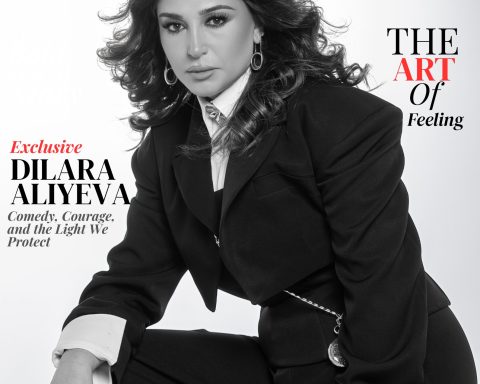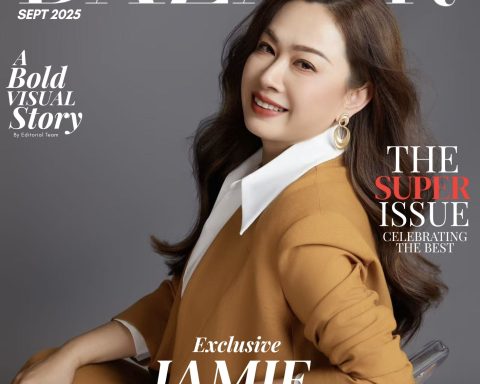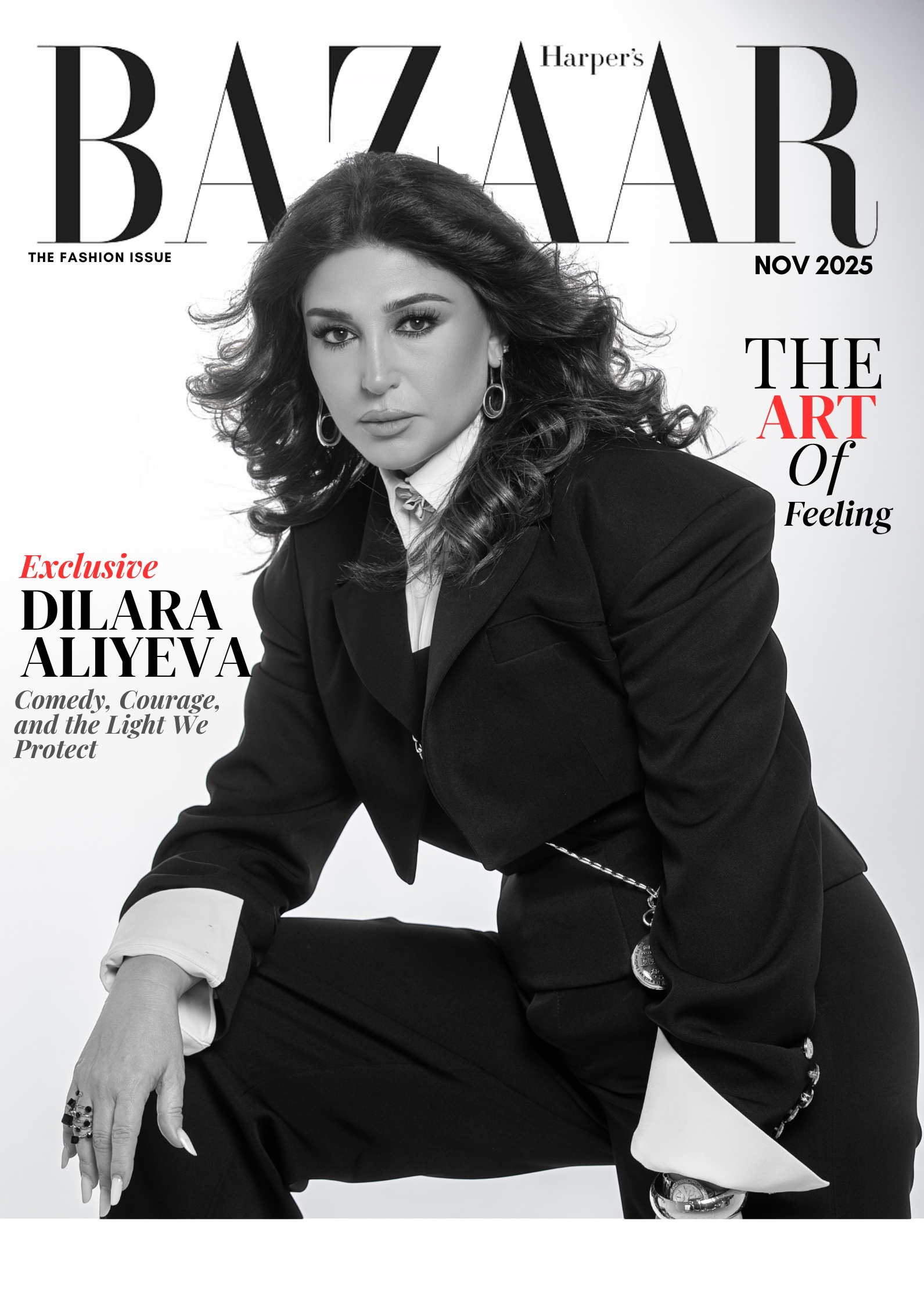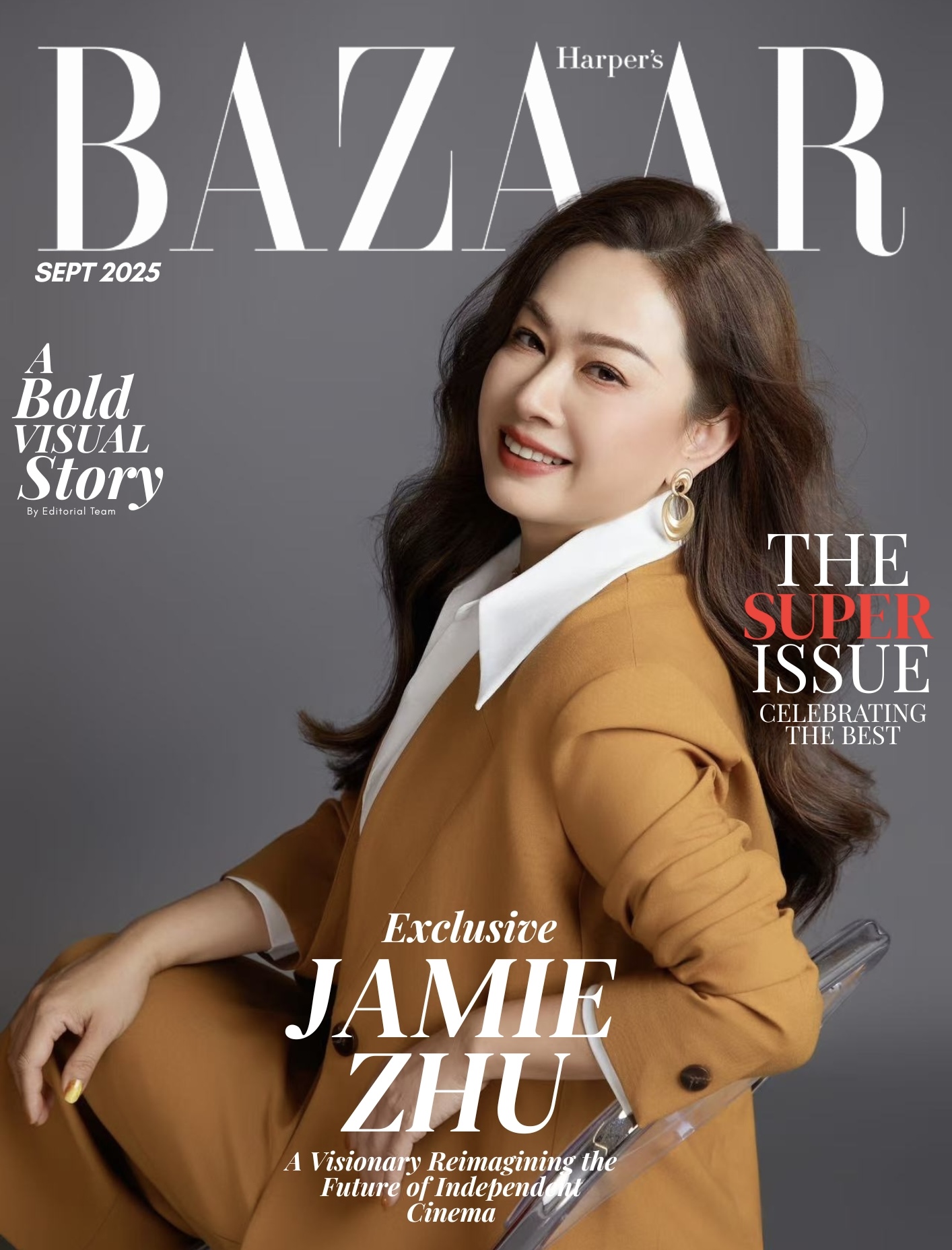
Peak Gisele
The super-est of supermodels on food, family, the future, and finding herself again
by Karla Maher
·
Gisele Bündchen thinks she may have overbaked the granola. The grain-free nut-and-seed batches have come out beautifully toasted: a combination of ghee, maple syrup, spices, cashews, sesame seeds, and coconut. Yet the deeply browned oat-and-pecan mix—quite shy of burned and totally edible—is her focal point. Like any host who has prepared food for guests, she is focused on what she thinks she’s messed up rather than what she’s done well and will not stop apologizing.
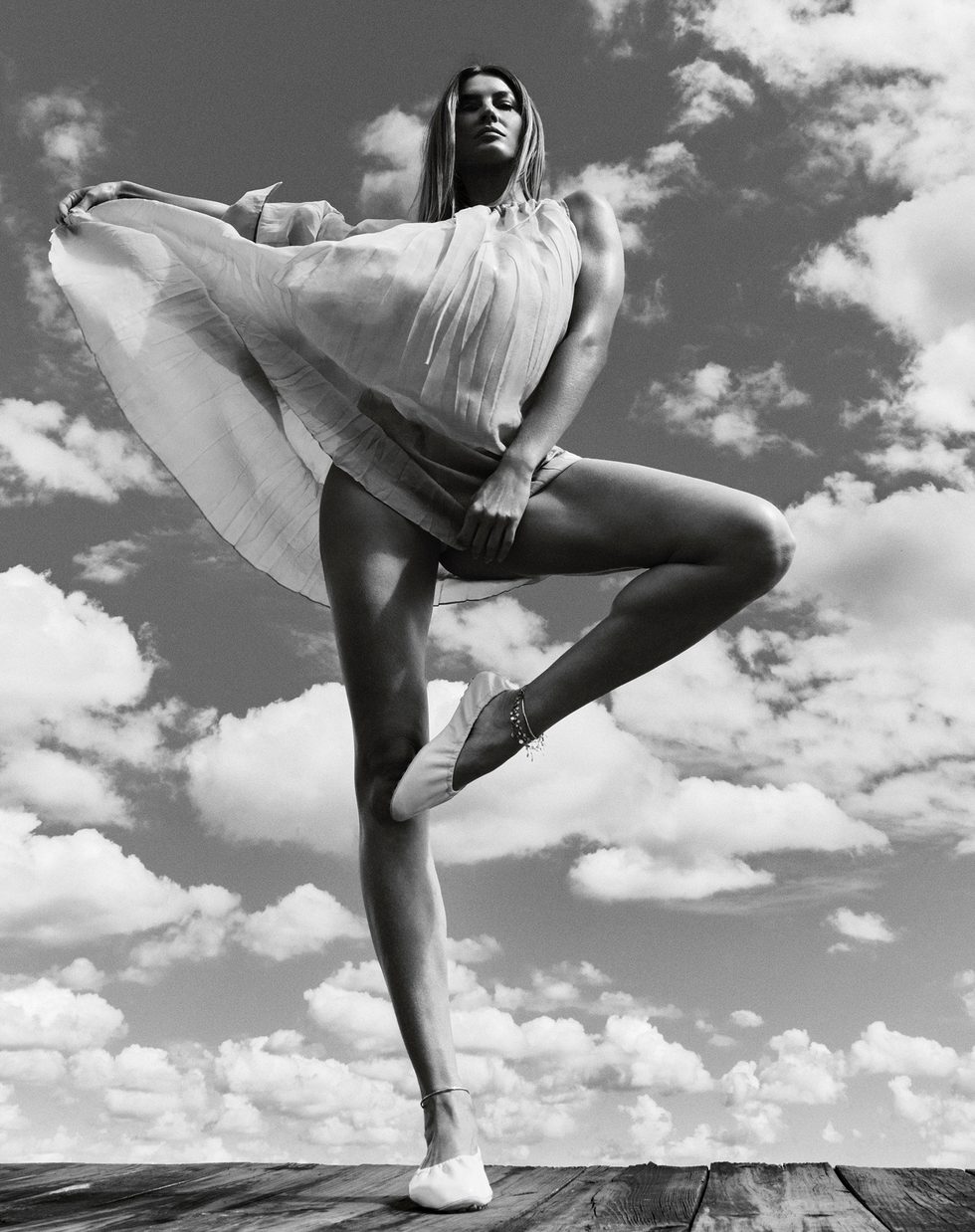 LUIS ALBERTO RODRIGUEZ
LUIS ALBERTO RODRIGUEZ
Ferragamo blouse. Fendi ballerina flats. body chain and anklets worn throughout.
“I’m not a chef,” she tells me, throwing up her long arms. She is, though, Gisele, and with that has come all kinds of expectations ever since she left her parents, five sisters, and hometown of Horizontina, Brazil, at the age of 14 to become a model.
Bündchen’s emergence in the late 1990s ignited a sea change in fashion, away from the louche androgyny that dominated the industry at the end of the last century and toward a new vitality and vivacity that she would come to represent at the beginning of this one. It wasn’t just the way she looked but the kind of energy she embodied—strong, earthy, unencumbered, with a big, easy smile and permanent beach waves. From 2002 to 2016, Bündchen was listed by Forbes as the highest-paid model in the world. Even after she moved to Boston and scaled back her runway and campaign work following her marriage in 2009 to then New England Patriots quarterback Tom Brady, with whom she shares 14-year-old son Benny and 11-year-old daughter Vivi, the power and marketability of that image never seemed to subside. And when Bündchen and Brady announced plans in 2022 to divorce amid his retirement (and subsequent unretirement and re-retirement) from football, it took on newer—and in some ways even more challenging—dimensions.
 LUIS ALBERTO RODRIGUEZ
LUIS ALBERTO RODRIGUEZ
Van Cleef & Arpels Jersey necklace.
The specter of Gisele, though, is something with which Bündchen has always had an uneasy relationship. Early on, it was a persona she could hide behind—one that brought her an extraordinary amount of wealth and opportunity. But it also required her to live up to an ideal that even she has often found unattainable. She has spoken in the past about her struggles with anxiety and depression and how she believes choosing to focus on her own physical and mental well-being has helped her to not only confront and manage those issues but also understand what she really wants.
What Bündchen wants now, as she embarks on this next chapter, is to become a different kind of model: the kind who opens up about her triumphs and successes but also her challenges and imperfections and lets you in on the rarefied wisdom she’s gleaned along the path to leading a healthier, more joyful life.
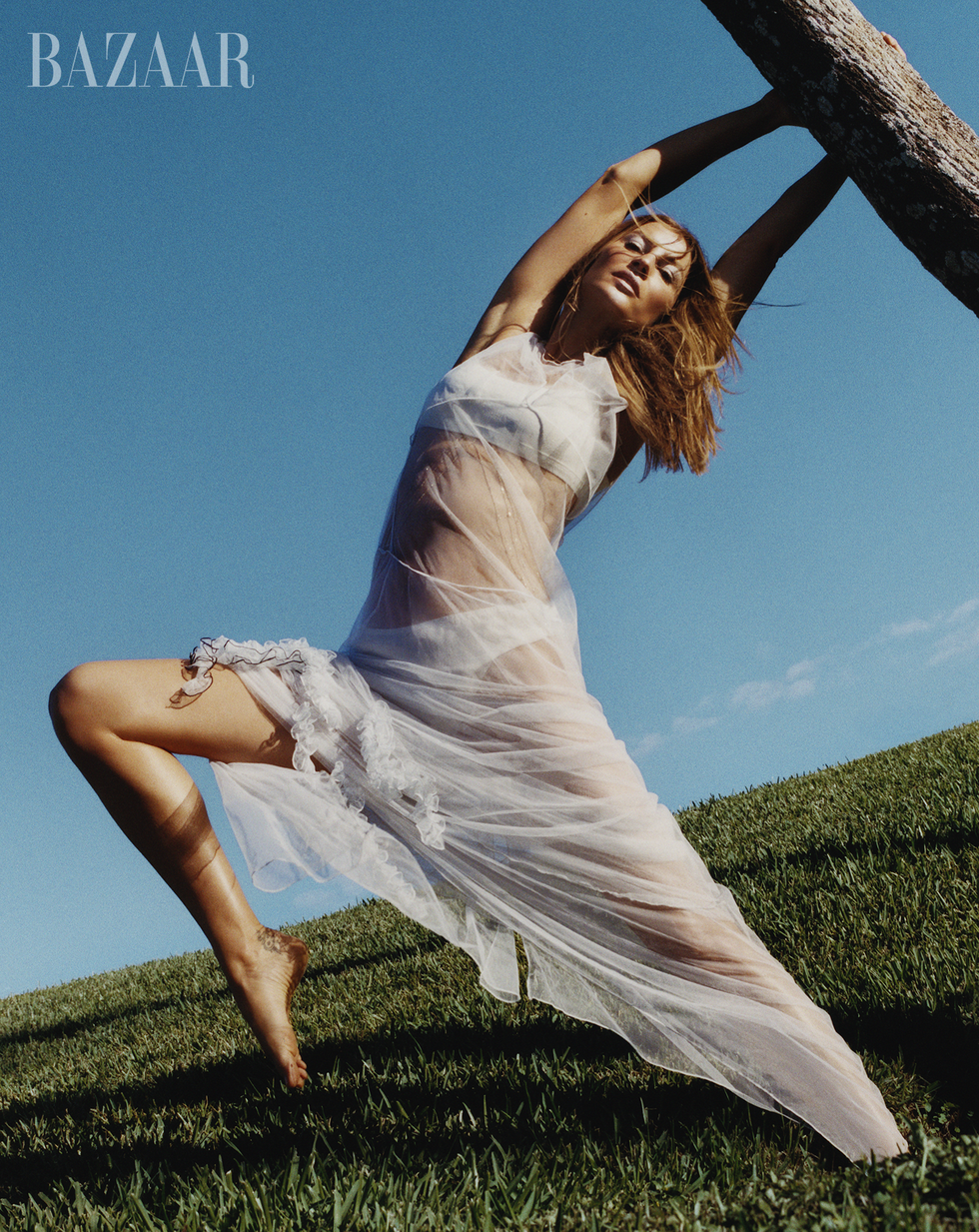 LUIS ALBERTO RODRIGUEZ
LUIS ALBERTO RODRIGUEZ
tulle gown and briefs. Matteau crop top.
That was the impetus behind Bündchen’s forthcoming cookbook, Nourish: Simple Recipes to Empower Your Body & Feed Your Soul. Cowritten with veteran cookbook author Elinor Hutton, Nourish is aimed at people with families who want to add more nutritious meals to their weekly rotation—the types of meals Bündchen feeds her own children. The recipes in Nourish, though, are designed for everyone. There’s a clear focus on abundant fresh produce, but also pantry items that can be bought in bulk, like nuts, beans, seeds, oats, quinoa, and wild rice, which are supplemented with animal proteins, vegetables, and fruit. Bündchen attempted a vegan diet because of her love of animals but suffered from nutritional deficiencies; she now eats minimal meat that she is careful about sourcing. “I can offer some things I’ve learned and that have helped me and my family,” she tells me. “I’m just a mom who has a very busy life, and I think a lot of women can relate to that.”
“You can have all the money in the world.
If you don’t have your health, it’s not possible to buy it back.”
Watching her own parents grapple with health issues as they’ve gotten older has also been a factor. “I want to live the longest feeling the best that I can, but for me to achieve this, I have to make decisions today,” Bündchen says. “You can have all the money in the world. If you don’t have your health, it’s not possible to buy it back.”
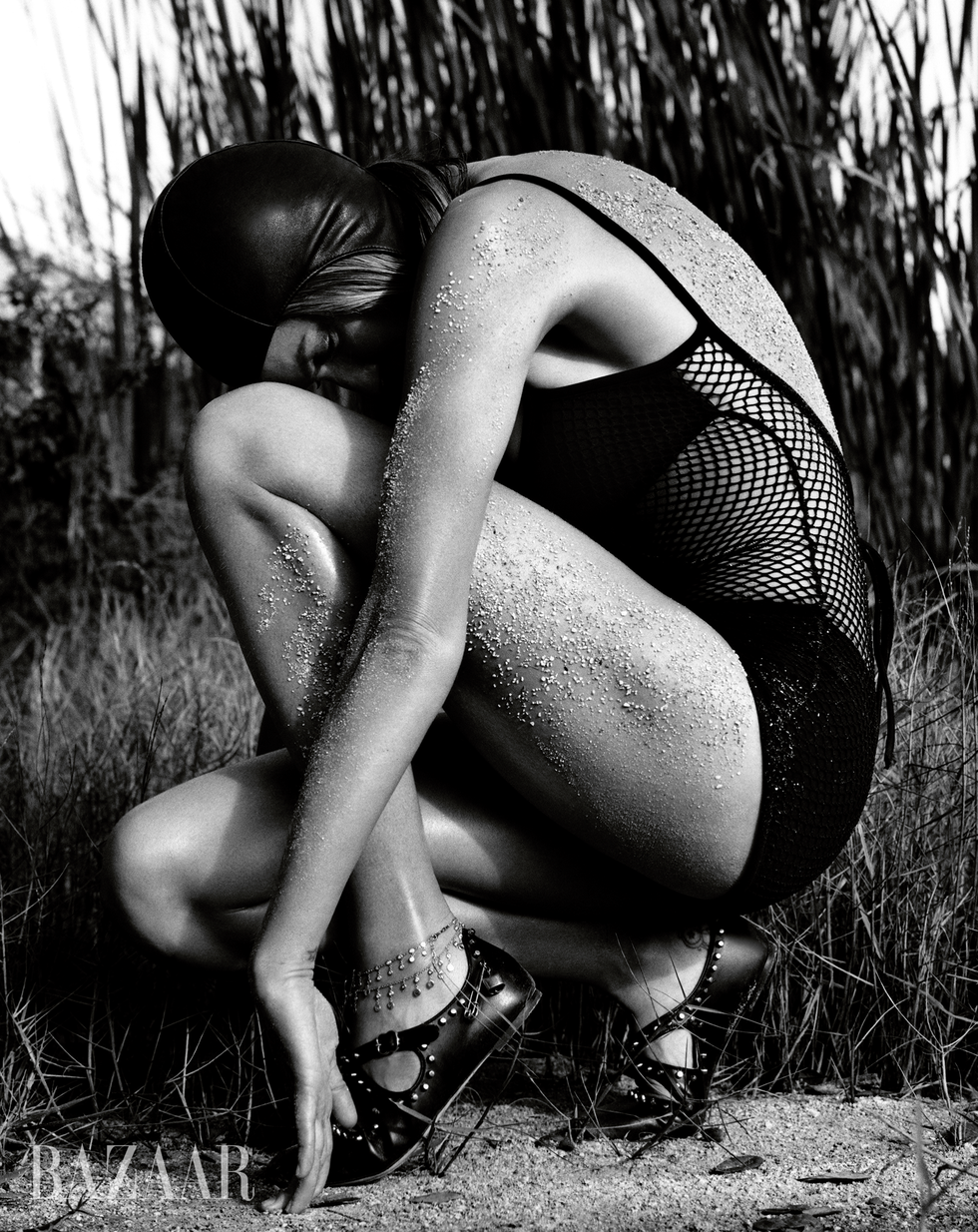 LUIS ALBERTO RODRIGUEZ
LUIS ALBERTO RODRIGUEZ
swimsuit.ballerina flats.
Bündchen’s tranquil home in Miami, where she has been living while her new house is under construction, is clean, white, and filled with spiritual statues of Eastern origin and musical instruments. Earlier, she’d greeted me with two cheek kisses, barefoot in a tank top and light-wash denim—still, at 43, the jeans-and-T-shirt girl she describes herself as in her last book, 2018’s Lessons: My Path to a Meaningful Life. While Lessons focuses primarily on her interest in mindfulness and movement, food has always been central to her life. In Lessons, she recalls her childhood in Brazil with vivid descriptions of the varieties of tangerines she would pick in the backyard, the sweet bread her German grandmother would bake and serve with heavy cream freshly milked from her own cows, and the empanadas, filled with chicken, beef, or cheese and spinach, she’d fry with her sisters.
Bündchen’s meal-planning strategy is inspired by how her own mother, who worked as a bank teller, planned meals. “If we had barbecue on Sundays, all the rest of the meat would go to arroz carreteiro on Mondays, which was just rice and meat mixed with some onions and tomatoes,” she says. Leftovers would be used during the week. It’s a style of cooking common throughout most of the world but one that goes against the typical American approach that champions convenience—even when that can lead to half the food in supermarkets and refrigerators going to waste.
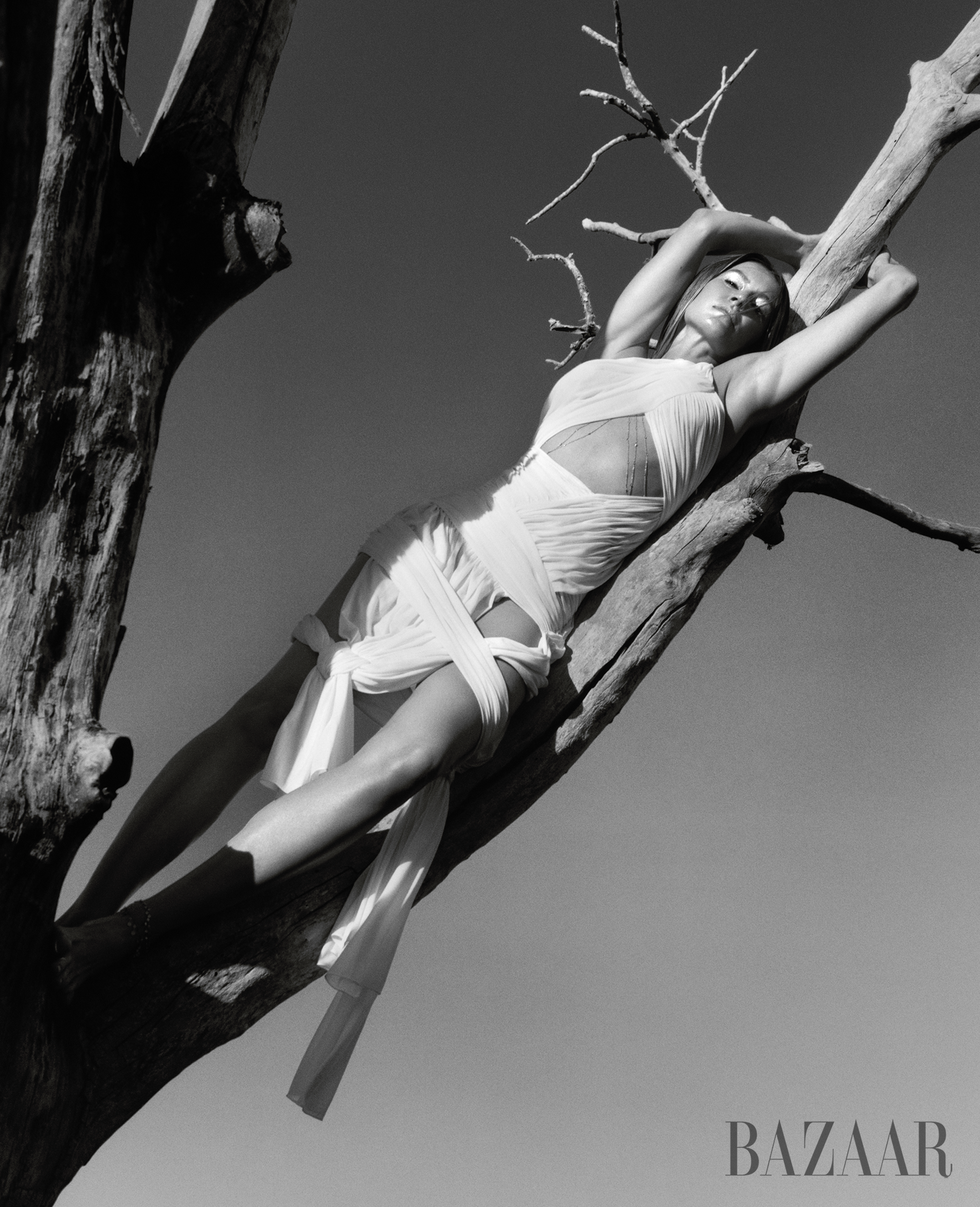 LUIS ALBERTO RODRIGUEZ
LUIS ALBERTO RODRIGUEZ
wrap dress.
“You are where you come from,” Bündchen explains. “All those things that I learned as a kid are things that are in me. It doesn’t change. In many ways, it’s also what kept me safe, because my value system was so strong,” she says. “Today, being in the place where I am in my life and having access to all the different things I’ve had access to, I feel like the simple things are best because I keep trying to go back to those things. At the end of the day, those are the things that make me the happiest.”
The recipes for both styles of granola Bündchen is making are included in the book, and today she’s serving them as the crunchy, fatty accompaniments to the acai bowls she has prepared with fresh papaya, Medjool dates, and frozen packs of the Brazilian berry. The dates were refrigerated in a glass container, having been presoaked and peeled of their skin—her specific touch. “It makes them creamier,” she says.
“I feel like the simple things are best …
those are the things that make me the happiest.”
As one might expect, Bündchen is very self-assured. Her first language is Portuguese, and she seamlessly transitions from speaking in English to Spanish when she finds out I live in Puerto Rico, which catches me off guard. But as she blends the acai, there is a slight nervousness in the way she demonstrates her cooking skills, a self-awareness that this is the real her I’m witnessing. There is no persona for her to hide behind in the kitchen.
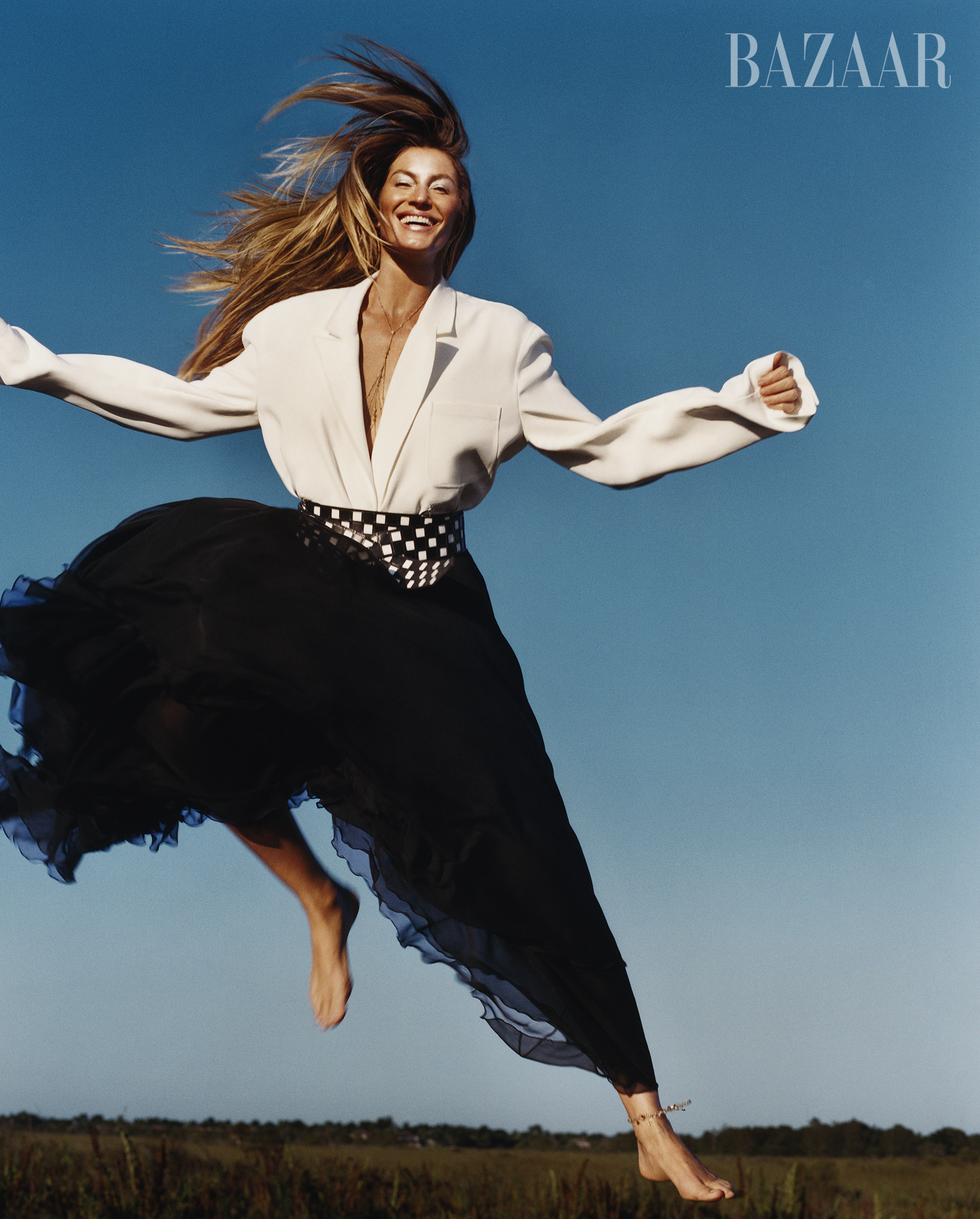 LUIS ALBERTO RODRIGUEZ
LUIS ALBERTO RODRIGUEZ
Louis Vuitton jacket, shirt, and wrap belt.
According to Bündchen’s longtime friend, the photographer Nino Muñoz, she was that way even when she was younger. “As a group of friends, we’d meet up, we’d go out for dinner, we might go out, but she was the first one to leave and go home and get her good night’s rest for the next day to start it all over again,” he says. “Everything she does is with intention.”
“It takes discipline to meditate, to exercise. You’re the one who is going to reap the benefits. But still, it takes a bigger effort.”
These days, Bündchen’s routine usually begins at 5:00 a.m., when she wakes up and takes her dogs for a walk. She also meditates daily and is a longtime student of crystals and astrology. (She’s a Cancer sun with a Scorpio moon.) In addition to weight training and Pilates, she now practices jiujitsu three times a week with brothers Joaquim, Pedro, and Gui Valente, a trio of fellow Brazilians and third-generation instructors who work out of Miami. Jiujitsu, she says, has been her latest revelation, one that came about after she initially signed her kids up for classes. “Here I think, ‘Oh, I’m going to just learn self-defense because I want to make sure my kids can protect themselves when they’re out in the world,’ but then I learned with the brothers the philosophy and the lifestyle, the whole value system, which was amazing,” she says. “It was almost everything I lived in my life, the way I believed in courage and honesty and all the things I found to be important in my value system and have been guiding me in my life. They were never organized, and now they have a container.”
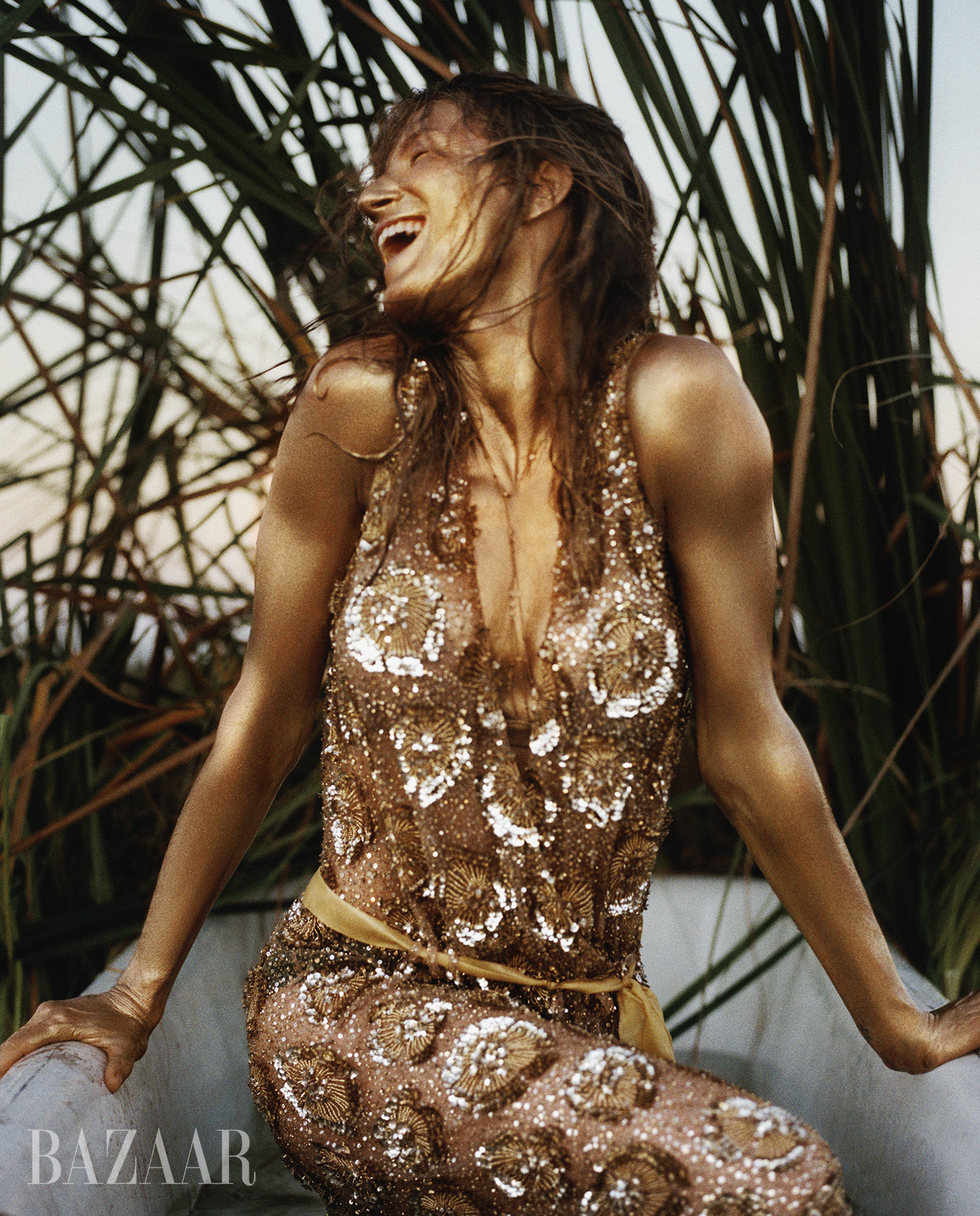 LUIS ALBERTO RODRIGUEZ
LUIS ALBERTO RODRIGUEZ
dress.
Post Views: 412

